As African leaders prepare to meet in Dar es Salaam for the Africa Energy Summit in January 2025, all eyes will be on an exciting new initiative called “Mission 300.”
This ambitious project, led by the World Bank and the African Development Bank, aims to bring electricity to 300 million people across Africa by 2030.
Launched last April by Dr. Akinwumi Adesina, President of the African Development Bank, and Ajay Banga, President of the World Bank, Mission 300 addresses a pressing issue: nearly 83% of the world’s people without electricity live in Africa, leaving around 600 million individuals without reliable power. Many of these people still depend on firewood, charcoal, or expensive and polluting generators for their energy needs.
The success of Mission 300 relies heavily on strong backing from government leaders, which makes the upcoming summit in Tanzania crucial. Dr. Kevin Kariuki, Vice President for Power, Energy, Climate, and Green Growth at the African Development Bank, highlighted the importance of this gathering. It will bring together heads of state, ministers, international and regional organizations, civil society, and private sector partners to discuss how to accelerate the implementation of this vital initiative.
Also Read:Petrol And Diesel Prices Drop In Tanzania For November
The aim of the upcoming summit is to reach a consensus on a unified set of reforms that will ensure universal access to affordable, reliable, sustainable, and modern energy by 2030. This effort aligns with the United Nations Sustainable Development Goal 7 and the African Union’s Agenda 2063.
During the summit, African leaders are expected to adopt an Africa Energy Compact, which will outline a collective commitment to these energy goals. Development partners, led by the African Development Bank and the World Bank, are set to pledge additional financial resources to support this important initiative. Fifteen pilot countries—Burkina Faso, Chad, Côte d’Ivoire, the Democratic Republic of Congo, Liberia, Madagascar, Mali, Malawi, Mauritania, Mozambique, Niger, Nigeria, Senegal, Tanzania, and Zambia—will be invited to create tailored Country Energy Compacts that address their unique energy needs.
These fifteen countries represent a significant challenge, as they account for 52% of the global population lacking electricity and a quarter of those without access to clean cooking solutions.
Also Read:Russia Strengthens Economic Ties with Tanzania Amid Forum
The World Bank Group and the African Development Bank Group, in collaboration with organizations like the Rockefeller Foundation and the Global Energy Alliance for People and Planet, will work together to develop the Africa Energy Compact. This important document will outline the commitments that governments must make to key principles and reforms necessary for achieving Sustainable Development Goal 7. While the compact will include broad principles endorsed by all 54 Heads of State, the specific compacts for the fifteen pilot countries will focus on tailored indicators and targets. These may include expanding cost-effective energy generation, enhancing regional integration, ensuring last-mile access to clean cooking and electricity through renewable energy solutions, encouraging private sector investment, and maintaining financially viable utilities.
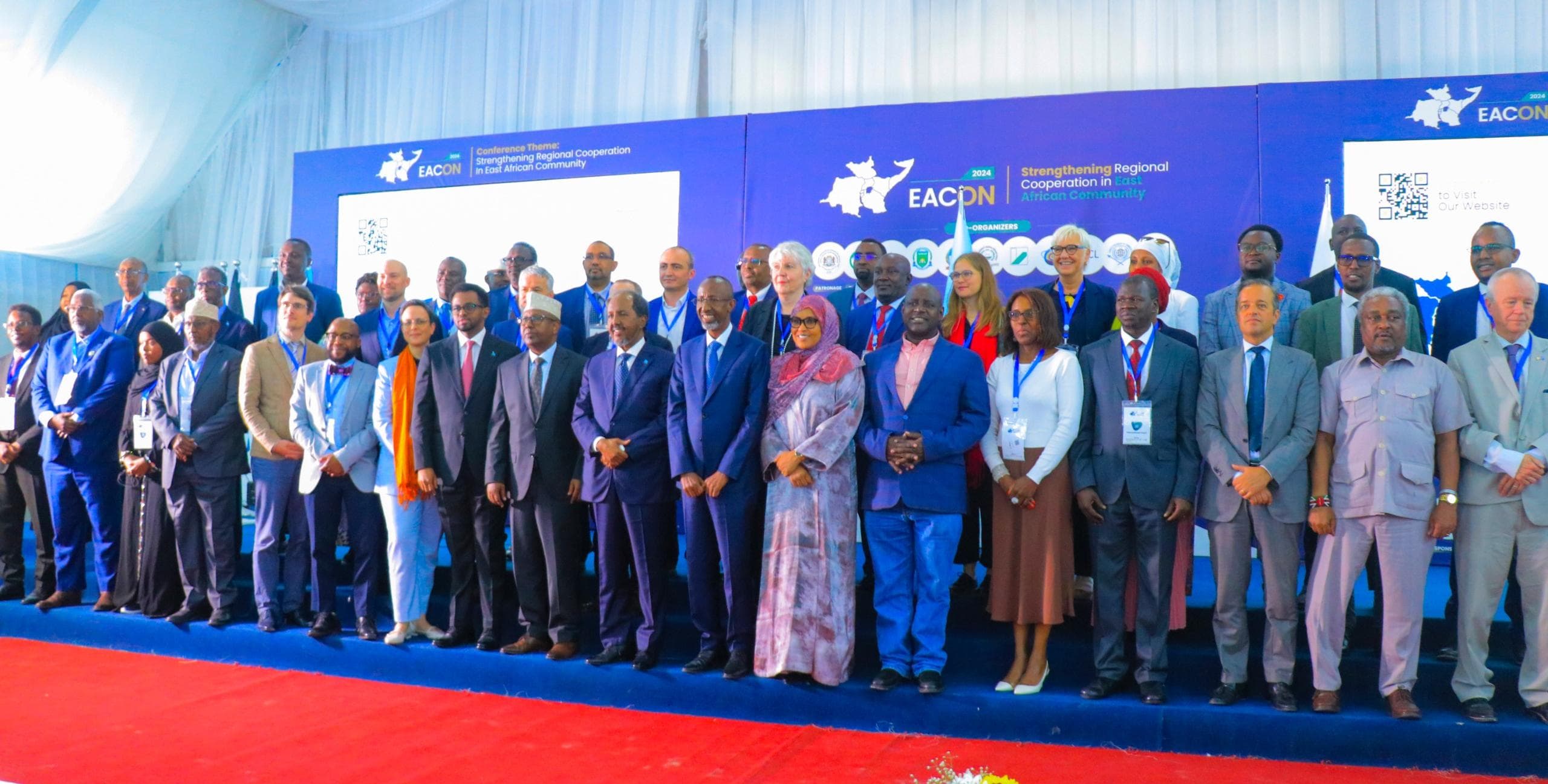
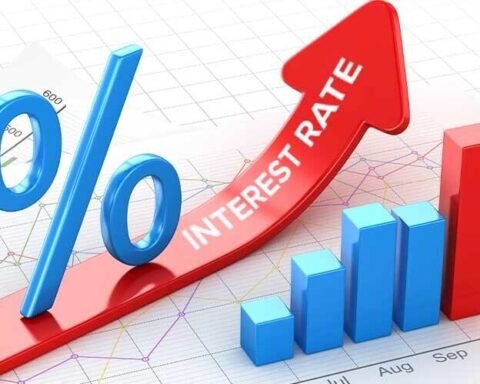
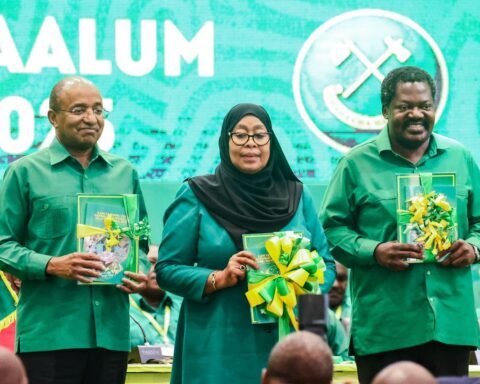
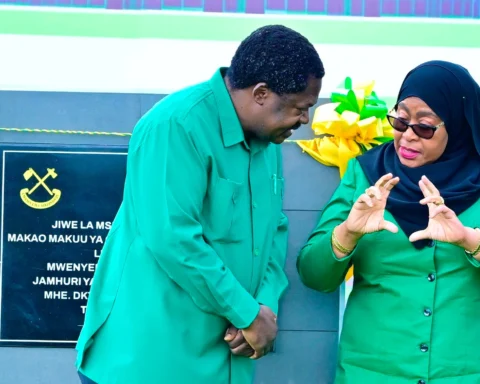
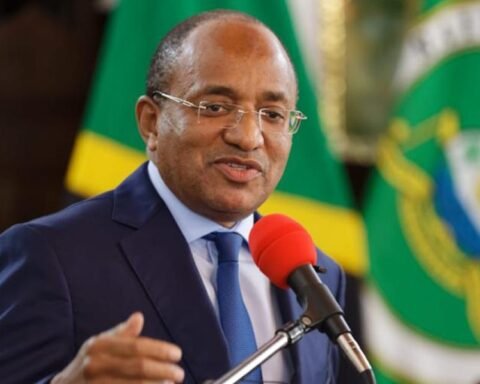


Appreciate it for this post, I am a big big fan of this site would like to continue updated.